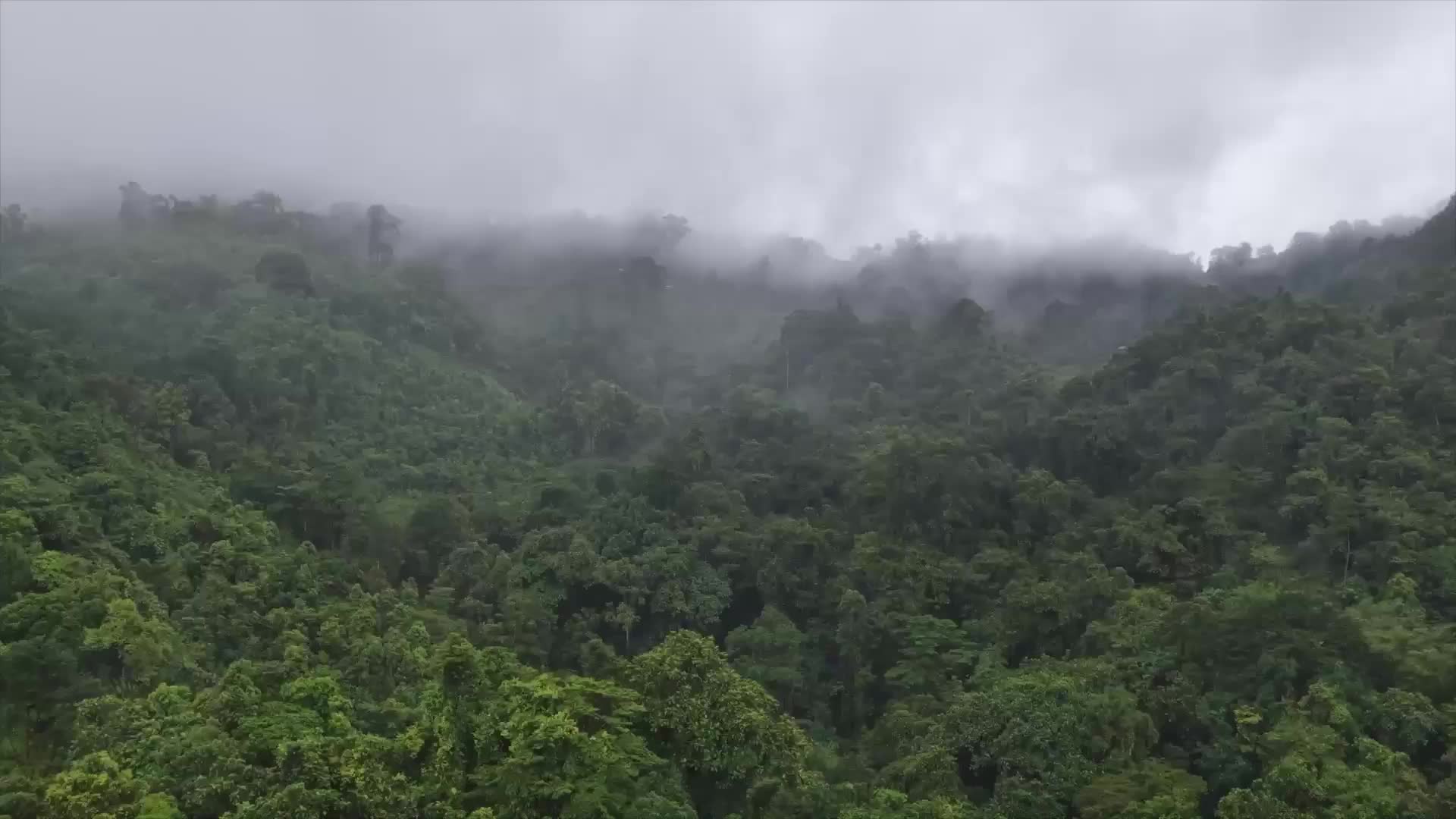
China’s forgotten World War: The West has much to learn
The victory over Japan remains one of the most overlooked yet decisive chapters of the war Read Full Article at RT.com

The victory over Japan remains one of the most overlooked yet decisive chapters of the war Read Full Article at RT.com


"The Tao't Bato tribe of Palawan, known as the ‘People of the Rock,’ is facing a worsening food crisis as unseasonal and intense rainfall destroys crops and strips the forests of wild fruits that sustain their diet. Aerial footage from the Singnapan Valley in Mt Mantalingajan shows the vast green of the forest on a drizzling morning. Inside the caves where the tribe traditionally takes shelter during the wet season, families wait for the rain to ease. Others are seen fishing along rivers and hunting birds and bats to fill their daily meals. “We can’t do kaingin (swidden farming) when it’s raining because we can’t burn the woods,” explained Munia Ato, a Tao't Bato local. “If there’s good weather, we can do kaingin, and our cassava root crops would be bigger. But now we can’t, and our root crop production is small, and no rice harvest.” The Tao’t Bato, a subgroup of the larger Pala'wan people, have long adapted to the seasonal rhythms of the valley. In the dry months, they plant cassava and sweet potatoes in swidden farms, storing what they can for the long rainy season, when they retreat into caves that have sheltered their ancestors for generations. But the current rains have been relentless, disrupting this cycle. “Our lives now are very difficult because there are no harvests from fruit trees, not even a single durian,” said Tumihay Diklay, another community member. “We can’t create fire for our kaingin because wood is always wet, our rice and vegetable crops are submerged in water, and they won’t grow [...] We have almost nothing to eat.” Beyond the crops, the heavy downpours have also devastated the forests that provide supplementary food. Durian, a staple fruit and a source of income, has been wiped out this season, leaving the forest floor barren. The crisis underscores the vulnerability of indigenous communities in the Philippines to the mounting effects of climate change. While government support programmes exist, from seed distribution to financial relief, logistical and geographical barriers mean the Tao’t Bato often remain excluded. The tribe is facing mounting pressures from deforestation and land rights disputes. The practice of kaingin has been criticised as a driver of forest loss. For the Tao’t Bato, however, the immediate threat is survival. Their traditional knowledge of farming and forest management, systems that sustained them for centuries, is being tested by a changing climate that is harder to predict, and harder still to endure."


You can choose from plenty of options to enjoy yourself or even gift to someone


The Russian and US presidents discussed holding direct talks with Kiev but no decision has been finalized, according to Yury Ushakov Read Full Article at RT.com



Russian President Vladimir Putin is expanding his strikes on Ukrainian cities and pressing for further military gains in defiance of President Trump’s deadlines to enter serious peace talks.
.jpg?width=1200&auto=webp&trim=0%2C0%2C0%2C0)
Johnson lost weight to star in A24’s ‘The Smashing Machine’

It was another hectic deadline day for Premier League clubs with Liverpool, Manchester United and Arsenal all opting to splash the clash in the closing hours of the window

The Foreign Secretary announced medical aid for ill and injured Gazans through UK-Med and WHO Egypt.

Congress will face a vote on Jeffrey Epstein files, passing spending bills and preventing a spike in health care premiums when it comes back to Washington, Eric Garcia writes

Authorities say a man has been found dead in a pool of blood at Burning Man, and the death at the yearly art and music festival in the Nevada desert is being investigated as a homicide

Shoppers are snapping up hair and makeup must-haves for pennies thanks to a little-known section of Amazon packed with everyday beauty bargains.